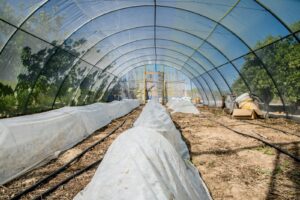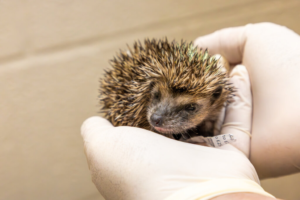Despite global reductions in emissions during the lockdown period, more must be done to ensure that economic recovery incorporates climate-friendly choices, according to a new study led by researchers at the University of Leeds.
Lockdown saw the sudden reduction of greenhouse gas emissions and air pollutants, however, researchers have warned that without more structural interventions, global temperatures will only be roughly 0.01°C lower than expected by 2030.
The researchers have said that governments must include climate policy measures as part of their economic recovery plans in order to avoid the risks and severe impacts that higher temperatures will bring.
According to the study, proper policy measures could provide a good chance of global temperatures staying below the Paris Agreement’s 1.5˚C global warming limit.
Lead author of the study, Professor Piers Forster, director of the Priestley International Centre for Climate at Leeds said: ‘The choices made now could give us a strong chance of avoiding 0.3˚C of additional warming by mid-century, halving the expected warming under current policies.
‘This could mean the difference between success and failure when it comes to avoiding dangerous climate change.
‘The study also highlights the opportunities in lowering traffic pollution by encouraging low emissions vehicles, public transport and cycle lanes. The better air quality will immediately have important health effects – and it will immediately start cooling the climate.’
Co-author of the study, Corinne Le Quéré from the University of East Anglia said: ‘The fall in emissions we experienced during COVID-19 is temporary and therefore it will do nothing to slow down climate change, but the Government responses could be a turning point if they focus on a green recovery, helping to avoid severe impacts from climate change.’
In related news, Tiffany Cloynes and Clare Hardy from law firm Geldards LLP explore what local authorities can do to encourage communities to still think consciously about the environment during COVID-19.
Photo Credit – Pixabay
















